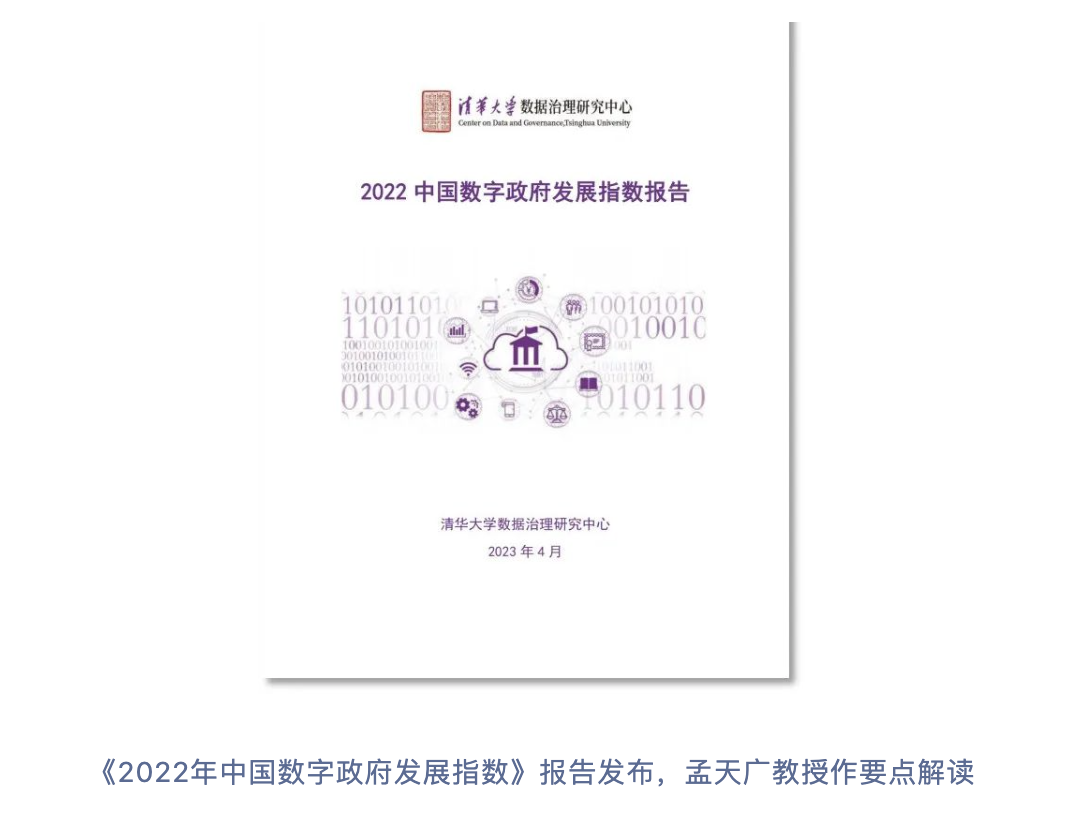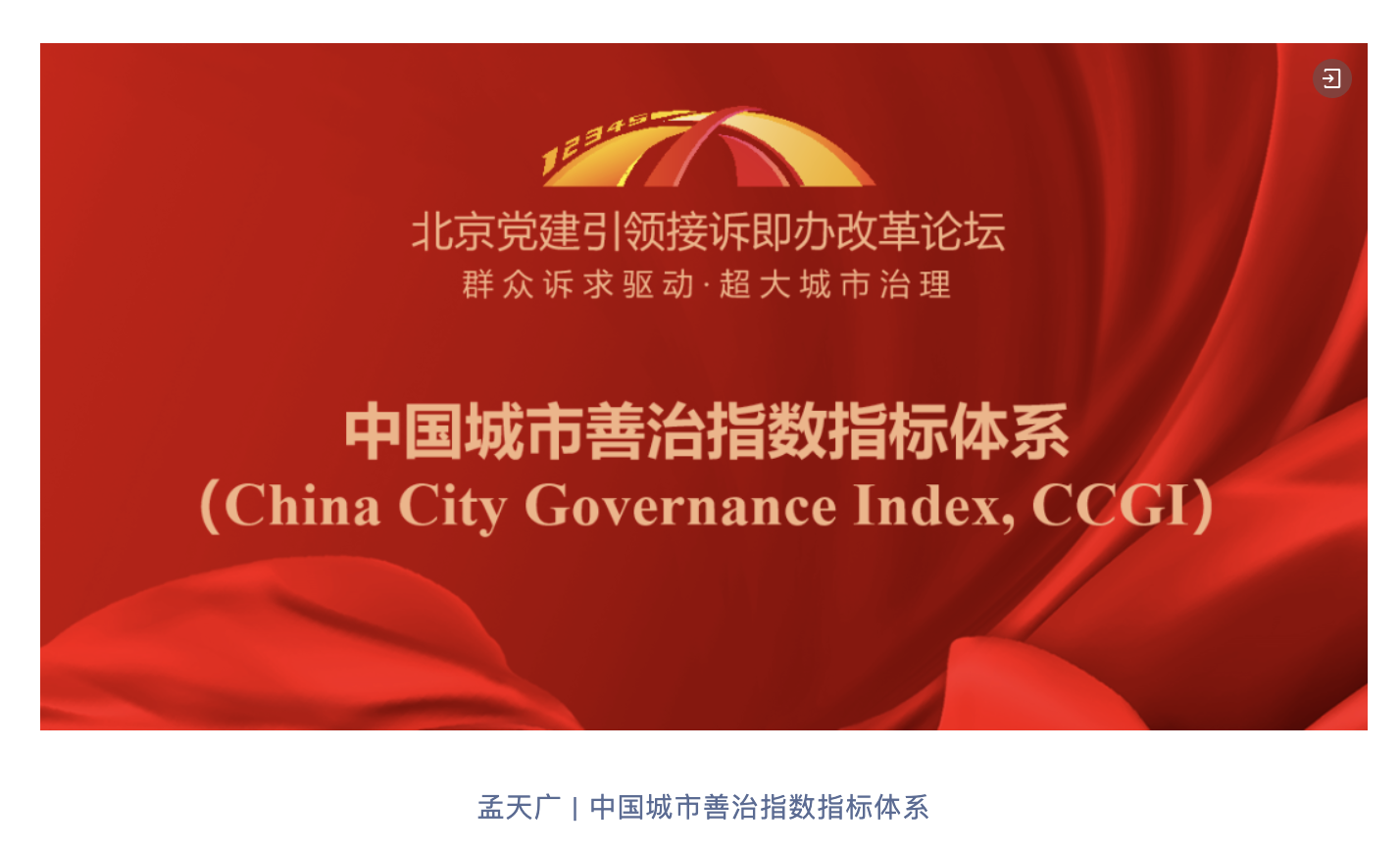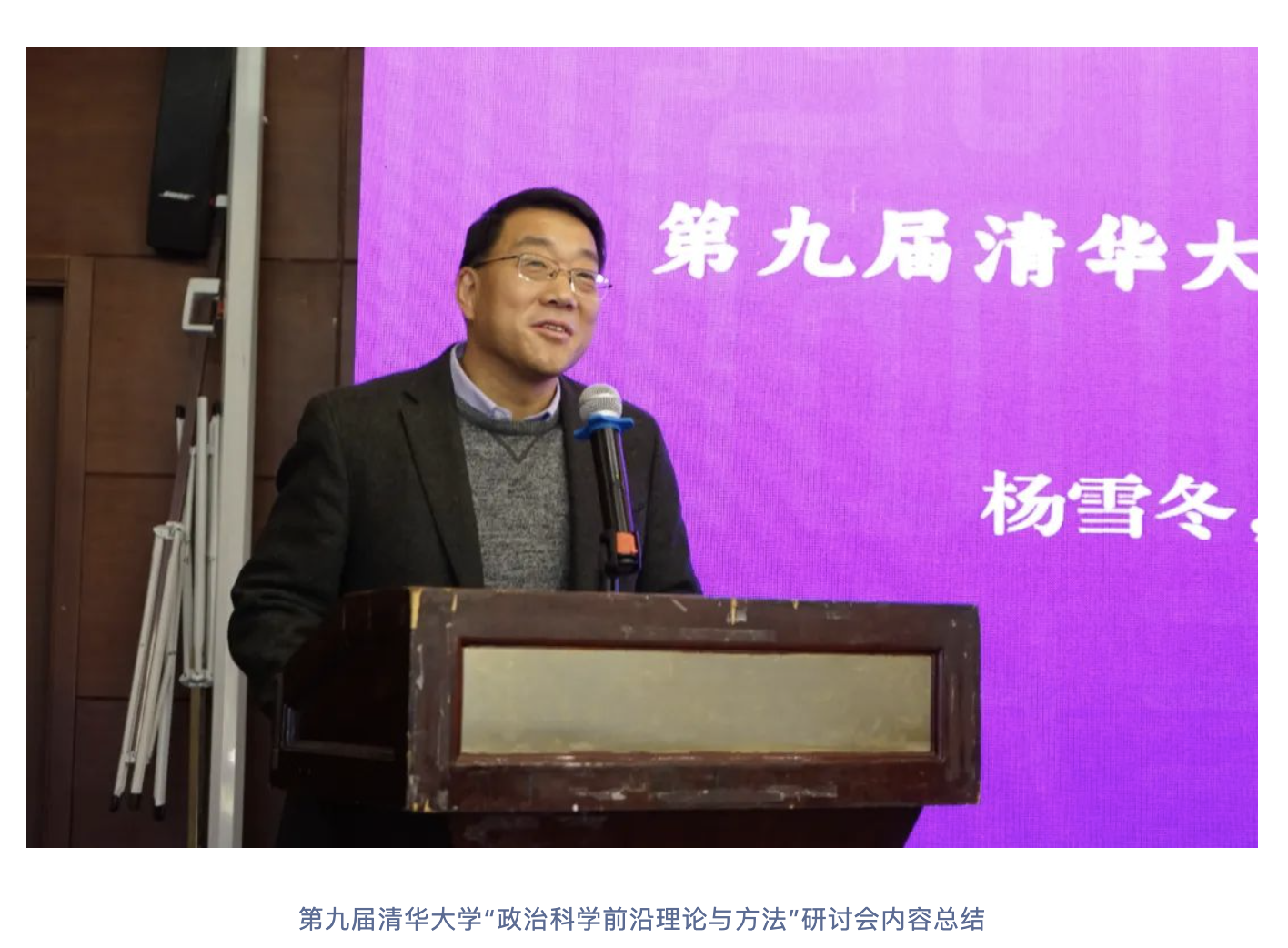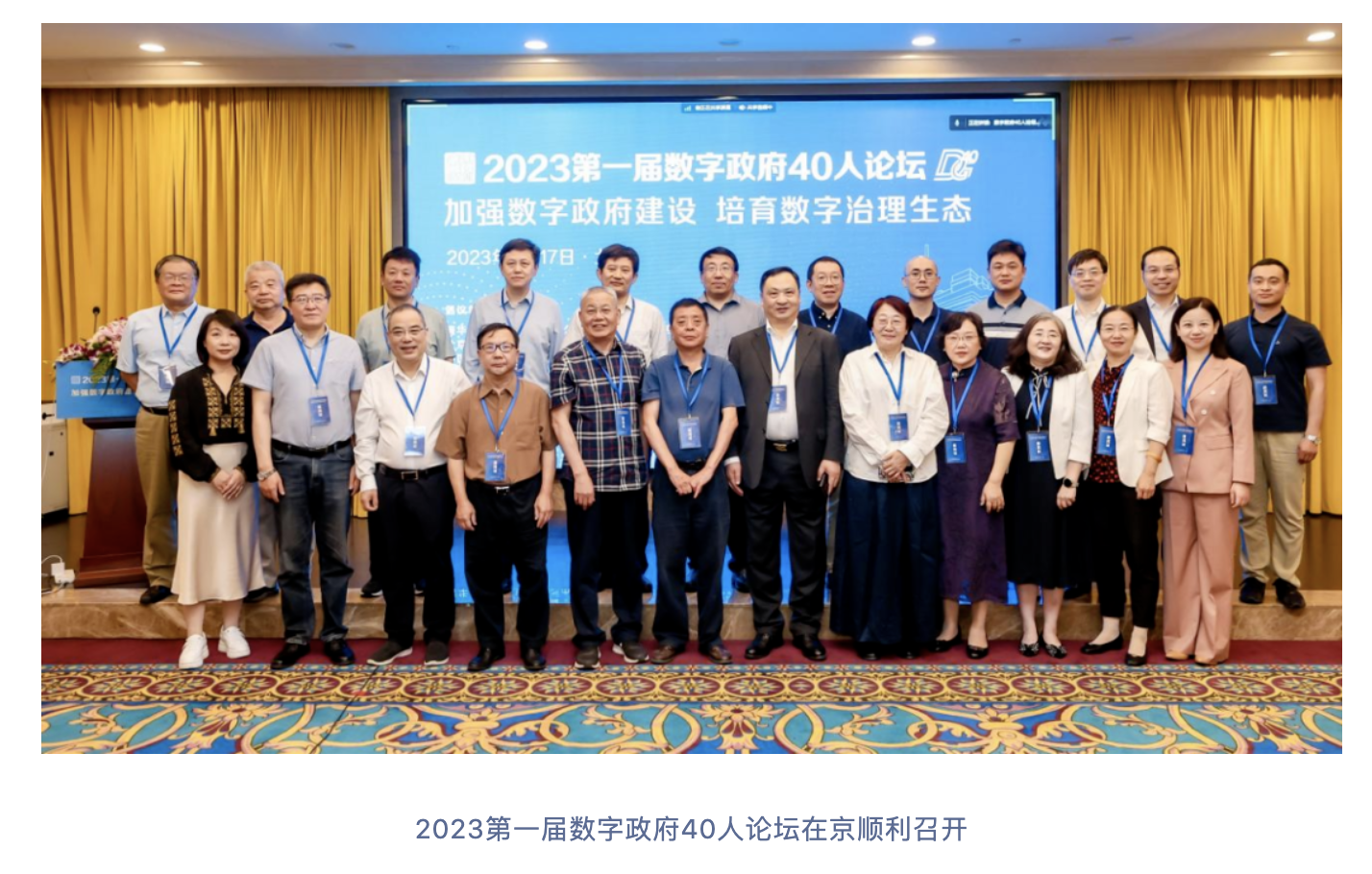On January 22, 2024, the Introduction to Disciplines and Specialties of Graduate Education and Basic Degree Requirements (Trial Version) was released on the website of the Association of Chinese Graduate Education of the Ministry of Education. The document identifies "National Governance" as a second-level discipline of Political Science. Since its restructuring in 2009, the Department of Political Science (DPS) at Tsinghua University has established a development approach of expanding cutting-edge research such as big data political science and experimental political science by pooling research resources in Chinese politics, comparative politics and political theory, with emphasis on the core issue of national governance. After more than a decade of exploration and effort, DPS has made systematic research and teaching arrangements in the field of national governance.
I. Having built a dynamic teaching and research team
Professors Zhang Xiaojin, Jing Yueran, Ren Jiantao, Tan Huosheng, Yang Xuedong, Meng Tianguang, Liu Yu, Yu Xiaohong, Zhang Kaiping and Huyue are active in such fields of research as basic theories of national governance, practice of modernization of national governance, and comparative governance, and have achieved a host of high-quality results. They have published more than 100 academic papers in top journals such as the CASS Journal of Political Science, Sociological Study, Journalism & Communication, Chinese Public Administration, World Development, American Political Science Review, Comparative Political Studies, and Governance, providing basic literature for national governance studies. Among them, representative works include:
Zhang Xiaojin, Jing Yuejin, et al., Understanding Chinese Politics: The Key Words Approach, Social Sciences Academic Press (China), 2012;
Ren Jiantao, The Rise of Society: Core Issues of Social Management Innovation, Xinhua Publishing House, 2013;
Zhang Xiaojin, Yu Xiaohong, et al., Promoting Modernization of China's System and Capacity for Governance, People's Publishing House, 2014;
Yang Xuedong, Governance of Major Countries in the Globalisation, Central Compilation & Translation Press, 2015;
Yang Xuedong, The Logic of State Governance, Social Sciences Academic Press (China), 2017;
Yang Xuedong, The Logic of Local Governance, Social Sciences Academic Press (China), 2018;
Tan Huosheng, Deliberative Governance in Contemporary China, Guangdong People's Publishing House, 2018;
Ren Jiantao, Understanding Modern States, China University of Political Science and Law Press, 2018;
Liu Yu, Politics is the art of the Possible: Comparative Politics, Guangxi Normal University Press;
Meng Tianguang, Zhang Xiaojin, et al., The Research Report on Digital Government Development in China (2021), 2021;
Meng Tianguang, Process-oriented National Governance: The Generation, Effects and Mechanisms of Government Quality, The Commercial Press, 2022;
Meng Tianguang, Zhang Bo, Citizen Demand-Driven Digital Government Construction: Theory and Practice, Economic Science Press, 2023;
Meng Tianguang, Introduction to Intelligent Governance: AI-driven Modernization of Governance, Tsinghua University Press, 2023;

II. Having developed a complete curriculum system
DPS has established a curriculum system ranging from undergraduate programs to PhD programs, and offers courses such as Understanding Modern State, Comparative Study of Political Theories in China and West, Contemporary Chinese Politics, Local Governance in Contemporary China, Frontiers of Political Theory, Frontier in China Politics, Globalization and Political Development, Judicial Politics, Public Policy Analysis: Perspectives and Methods, Quantitative Analysis, and Applied Government Big Data Analysis. These courses cover the main content of national governance studies, including basic theories of national governance, governance of China, comparative national governance, national governance transformation and reform, governmental governance, social governance, and local governance.
III. Having undertaken a number of research projects concerning national governance
In response to the major reform needs of modernizing China's governance structure and governance, DPS has undertaken many national and provincial/ministerial research projects, which focus on frontier issues such as state capacity, state-society relations, local and urban governance, to put forward suggestions on the modernization of China's national governance. These projects include three major projects sponsored by National Social Science Fund of China, eight projects sponsored by the National Social Science Fund of China, three projects funded by the National Natural Science Foundation of China, and a number of key projects in Beijing. The Department is accelerating the construction of a data platform for political science and national government. DPS has conducted policy studies in the form of think tank projects in various fields of national governance, such as digital governance, mega city governance, government governance capacity, anti-corruption and political consultation, providing intellectual support for national policymaking and local governance through commissioned or collaborative research. Specifically, DPS has undertaken commissioned research projects for central organs such as the General Office of the State Council, the Cyberspace Administration of China, the National Development and Reform Commission, the Ministry of Civil Affairs and the Ministry of Veterans Affairs, and scientific research projects for more than ten provinces, including Beijing, Shanghai, Jiangsu, Guangdong, Fujian, Shanxi and Gansu. It has written more than 60 think tank research reports, such as China Digital Government Development Index Reports 2020-2023, China City Governance Index Research Report 2022, Data Governance Research Reports, Artificial Intelligence Governance Research Reports, Analysis of the Role of the Mechanism of Responding Immediately to Complaints during COVID-19 in Social Governance, and a series of research reports on the mechanism. These reports have been approved by national and provincial/ministerial leaders many times, and adopted by the departments concerned.


IV. Having established an academic platform to deepen national governance studies
DPS has been actively participating in the construction and development of the Tsinghua Institute for Governance Studies (IGS), with Professor Zhang Xiaojin acting as vice dean of GIS, and Professors Yang Xuedong, Ren Jiantao and Meng Guangtian as invited researchers. The Center for Data and Governance has been set up with the support of DPS, which serves as a research platform for digitalization of national governance. DPS has presided over and completed many nationwide surveys, including the survey on the modernization of the governing capacity of local governments during 2013-2015, the survey on environmental protection policies in Beijing in 2014, the survey on urban and rural social governance in China in 2015, the survey on urban governance in China during 2015-2018, and the survey on China's consultative democracy practice during 2015-2019, through multiple channels such as Chinese General Social Survey (CGSS), symposiums and academic works. Using the big data approach, DPS has collected and built new types of data such as government data, social media data, judicial adjudication data and online political consultation data, and provided open data services to the academia, which has brought the Department certain academic influence. DPS has created the Tsinghua University Symposium on Frontier Theories and Methods of Political Science (2013-), the Forum on Urban Governance and Political Development (2021-), the Forum on Big Data and Capital Governance (2020-), the Modernization of Local Governance Forum (2020-), the Data Governance Forum (2019-), and the Digital Government Forum of 40 (2023-), providing support for national governance studies.

